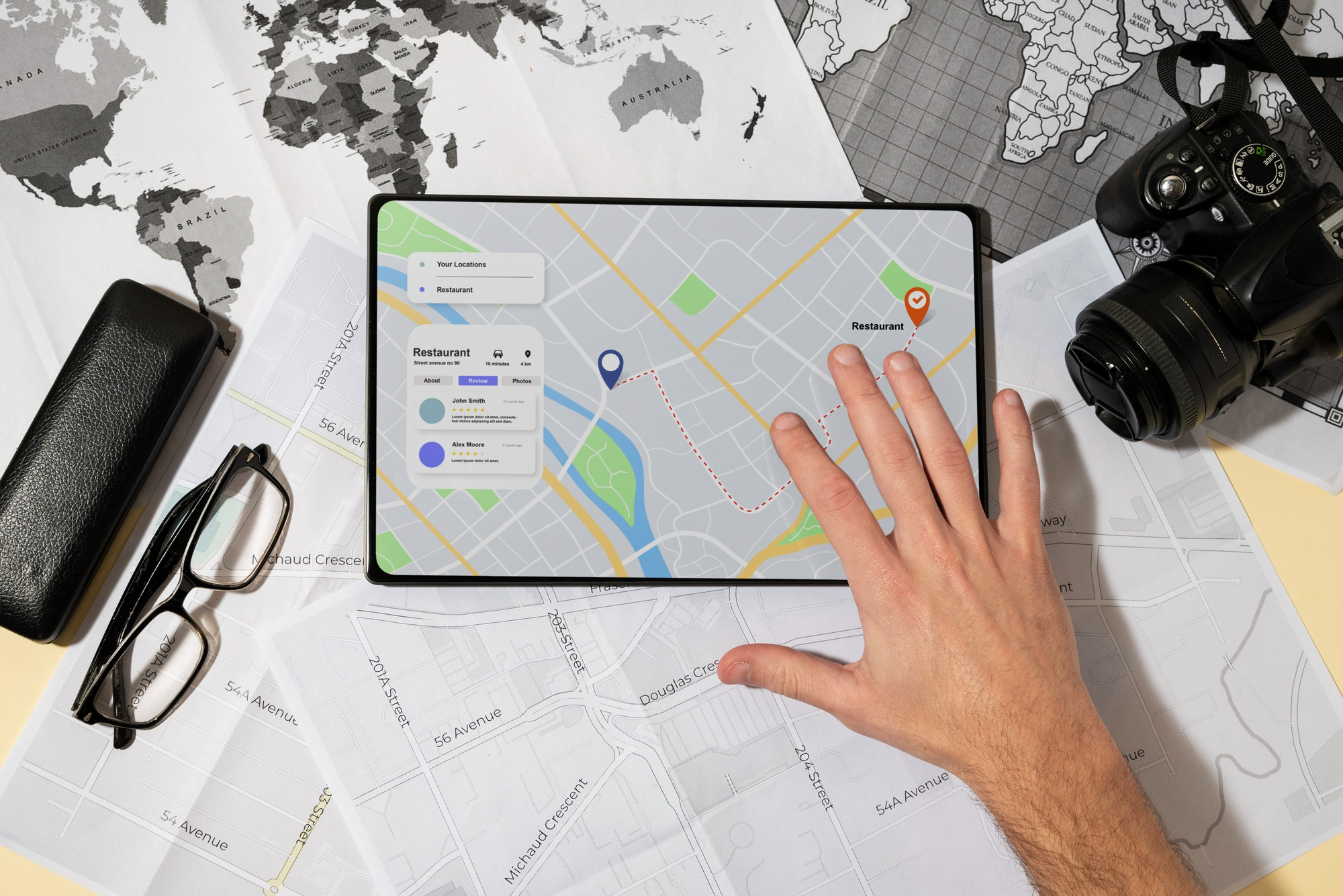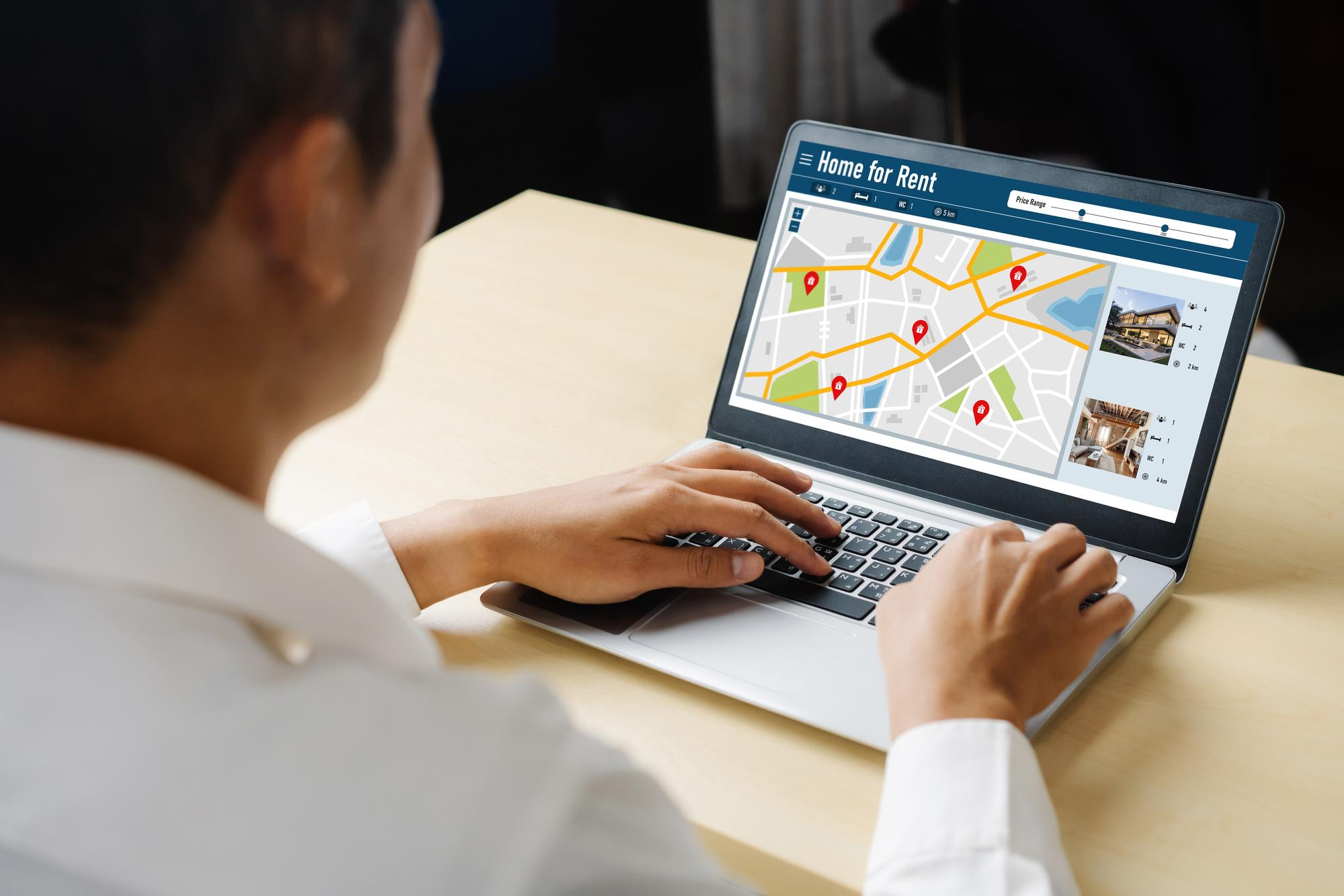

As digital behavior becomes more location-sensitive, hyperlocal SEO has emerged as a critical strategy for businesses targeting street-level visibility in 2025. Unlike general or even standard local SEO (which targets entire cities or regions) hyperlocal SEO focuses on specific neighborhoods, blocks, or landmarks, helping businesses show up exactly where their customers are searching.
This ultra-targeted approach drives higher conversion rates, lower competition, and better in-person foot traffic. With the rise of voice search, mobile usage, and AI-driven local discovery, understanding the hyperlocal meaning and how to apply it in SEO strategies is no longer optional—it's a competitive necessity.
In this blog, we break down the differences between general, local, and hyperlocal search, the newest trends for 2025, and how business owners can adapt for maximum visibility in their local communities
Hyperlocal SEO is a highly targeted form of local SEO that focuses on extremely specific geographic areas down to individual streets, blocks, or neighborhoods. It aims to improve online visibility for businesses by aligning their digital presence with the exact locations their customers are searching from.
Unlike traditional local SEO, which might target a whole city, hyperlocal SEO concentrates on micro-areas such as a specific district or a street corner. For example, instead of targeting the keyword “Italian restaurant Calgary”, a hyperlocal strategy would aim for “Italian restaurant Inglewood” reaching potential customers who are searching within that precise neighborhood.
This laser-focused approach offers significant advantages:
Hyperlocal SEO is especially important in 2025 as consumers rely more on voice search, mobile maps, and AI-powered recommendations that prioritize immediate proximity. Optimizing for hyperlocal terms helps small businesses stand out in a crowded digital space, not by competing with everyone, but by owning their corner of the neighborhood.

Understanding the difference between general SEO, local SEO, and ultimately hyper local SEO is essential for businesses looking to dominate their local markets in 2025.
This narrowing of focus becomes even more precise in hyper-local search, where optimization happens at the street or neighborhood level. For example, “plumber in Clinton Hill Brooklyn” is a hyperlocal term with less competition and higher buyer intent.
General SEO focuses on backlinks, keyword optimization, content quality, and site speed. In contrast, local and hyperlocal SEO rely on unique ranking signals tied to location, such as:
In hyper-local SEO, NAP consistency and proximity are even more critical — Google uses these signals to determine your business’s trustworthiness and relevance to nearby searchers.
In 2025, with the continued rise of mobile searches, voice assistants, and AI-powered local discovery, people are looking for immediate results near them. Google prioritizes proximity, relevance, and trust when serving local results — and hyper-local SEO is the best way to signal all three.
By focusing on hyperlocal meaning — targeting the immediate vicinity — businesses can attract more foot traffic, boost conversions, and reduce their SEO spend by avoiding unnecessary competition.
An effective hyper local SEO strategy starts with solid keyword research, but not just any keywords. You need to think hyperlocal, focusing on combining service-based keywords with very specific geographic markers. This level of granularity helps your business appear in hyper-local search results, where competition is low and user intent is high.
Here’s a step-by-step guide to building your hyperlocal keyword strategy:
Start by listing the primary keywords that describe your products or services. These are generic, industry-specific terms that people use when searching for businesses like yours.
These are your base terms, the foundation of your keyword combinations.
Next, create a second list, this time, of hyperlocal location markers. These are very specific geographic identifiers your target customers might use when searching locally:
These terms reflect the hyperlocal meaning of targeting people who are physically close to your business — often within walking or driving distance.
The real power comes from pairing your service terms with the hyperlocal modifiers. These combinations form highly specific, real-world search queries, like:
These reflect the way actual users type or speak searches in Google — often using “near me” language or referencing neighborhoods and streets.
Once you’ve generated a list of keyword combinations, it’s time to validate them:
The goal is to find hyperlocal keywords that balance search volume with low competition, often the sweet spot for local businesses.
After identifying your best-performing keywords, integrate them into your digital presence:

Local SEO, especially in its hyper-local form, has grown increasingly complex in 2025. Search algorithms evolve constantly, user behavior changes rapidly, and competition for local visibility intensifies. For many small and mid-sized businesses, managing this in-house is overwhelming — which is why partnering with a professional SEO agency like Growth Hacker Agency can be a game-changer.
Professional agencies are immersed in the evolving mechanics of Google’s local search algorithms, which weigh proximity, relevance, and prominence. Agencies know how to fully optimize your Google Business Profile — from selecting precise categories and crafting location-rich descriptions to posting regular updates, geotagging images, and managing customer reviews.
They also handle the technical essentials of hyper local SEO, such as building consistent local citations, earning location-based backlinks, and maintaining NAP (Name, Address, Phone) consistency across all directories. This targeted work significantly boosts your ranking for highly specific hyper-local search terms like “best Thai restaurant near Montreal” or “auto repair 90210.”
Local SEO is not a one-time task — it’s a long-term commitment. You need to constantly track keyword positions in your area, monitor competitor movements, update content, and stay active on local listings. Growth Hacker Agency takes on this ongoing workload, freeing business owners to focus on running their business, not chasing Google’s latest updates.
From review management to ongoing content optimization and Google Maps engagement, the agency handles the full ecosystem of your local visibility with minimal oversight required from you.
A professional SEO agency brings specialized tools and techniques that most small businesses don’t have access to. For example,it can:
This level of refinement and customization can make the difference between ranking on page 3 or ranking in the Google Local Pack.
Perhaps most importantly, professional agencies provide clear performance tracking. With Growth Hacker Agency, you’ll receive regular reports showing:
This data-driven approach allows us to constantly refine your strategy based on what’s actually working, no guesswork, no wasted effort.
FAQ
Local SEO focuses on optimizing your online presence for a general area, such as an entire city or region. For example, targeting keywords like "best dentist in Amman" or "restaurant in Istanbul." Hyperlocal SEO, however, zooms in much closer — to specific neighborhoods, streets, or even landmarks. It’s about targeting people who are searching for something right now in a very precise area, like "coffee shop near Liberty Park" or "barber on King Faisal Street." This level of targeting increases the chances of appearing in "near me" searches and significantly boosts walk-in traffic, making it especially effective for businesses with a physical location.
In 2025, user behavior continues to shift toward convenience and immediacy. With the dominance of smartphones, voice search, AI assistants, and location-based recommendations, users expect fast, nearby results. Hyperlocal SEO helps businesses align perfectly with this demand. Instead of just being visible in a city-wide search, your business appears in micro-moment searches like “open pharmacy near me” or “pizza shop on Garden Street.” As algorithms become more context-aware and personalized, hyperlocal optimization ensures your business is found exactly when and where potential customers are searching, giving you a strong edge over generic local competitors.
Hyperlocal SEO is most beneficial for brick-and-mortar businesses that depend on foot traffic or service within a defined area. This includes restaurants, cafes, barbershops, beauty salons, dental clinics, local grocery stores, and service providers like electricians, plumbers, or delivery services. These businesses thrive when they’re visible to people nearby, especially those searching from mobile devices. For example, someone walking through a neighborhood might search “ice cream shop near me” — and if your business is hyperlocal-optimized, you’re more likely to show up first. It's about being exactly where the customer is, both digitally and physically.
To find effective hyperlocal keywords, start by combining your core service or product (like “laundry service” or “flower shop”) with specific geographical indicators, such as street names, neighborhoods, local parks, or landmarks. For example: “laundry service near Al-Madina Street” or “flower shop Liberty Square.” Tools like Google Keyword Planner, Google Autocomplete, Google Trends, and Google Maps can help validate whether people are actually searching using those terms. You can also explore local forums, reviews, and even listen to how locals describe your area in real life. The goal is to match real-world search behavior as closely as possible.
Yes, your Google Business Profile (formerly Google My Business) is absolutely essential for hyperlocal SEO success. It acts as a primary signal to Google about your business’s location, services, and relevance to local searches. You can include hyperlocal terms in your business name (if applicable), business description, categories, services, FAQs, and posts. Keeping your profile updated with correct opening hours, contact info, photos, and customer reviews boosts your trustworthiness and visibility in the “Local Pack” and Google Maps. A well-optimized profile can help you rank for “near me” queries and dominate searches in your specific neighborhood.
Conclusion
Hyperlocal SEO is no longer a trend — it’s a necessity in 2025. As search engines evolve to prioritize proximity and personalization, businesses that adapt their SEO to the street level will have a clear edge over competitors.
Let’s put your business on the map — literally.
Contact Growth Hacker today to start dominating hyperlocal search and make sure your business is found exactly where your customers need it most.
Follow The Author On:






















GET STARTED!
Our SEO agency is dedicated to providing top-notch SEO services, local SEO services, SEO consultation, and SEO improvement. With our comprehensive approach, we ensure your business thrives in the digital landscape. Let us help you achieve your SEO marketing goals with our customized solutions.
Copyright © 2025 Growth Hacker, Inc - All rights reserved
Terms & Condition| Terms of Sale| Privacy Policy| Cookies (& Coffee) Policy